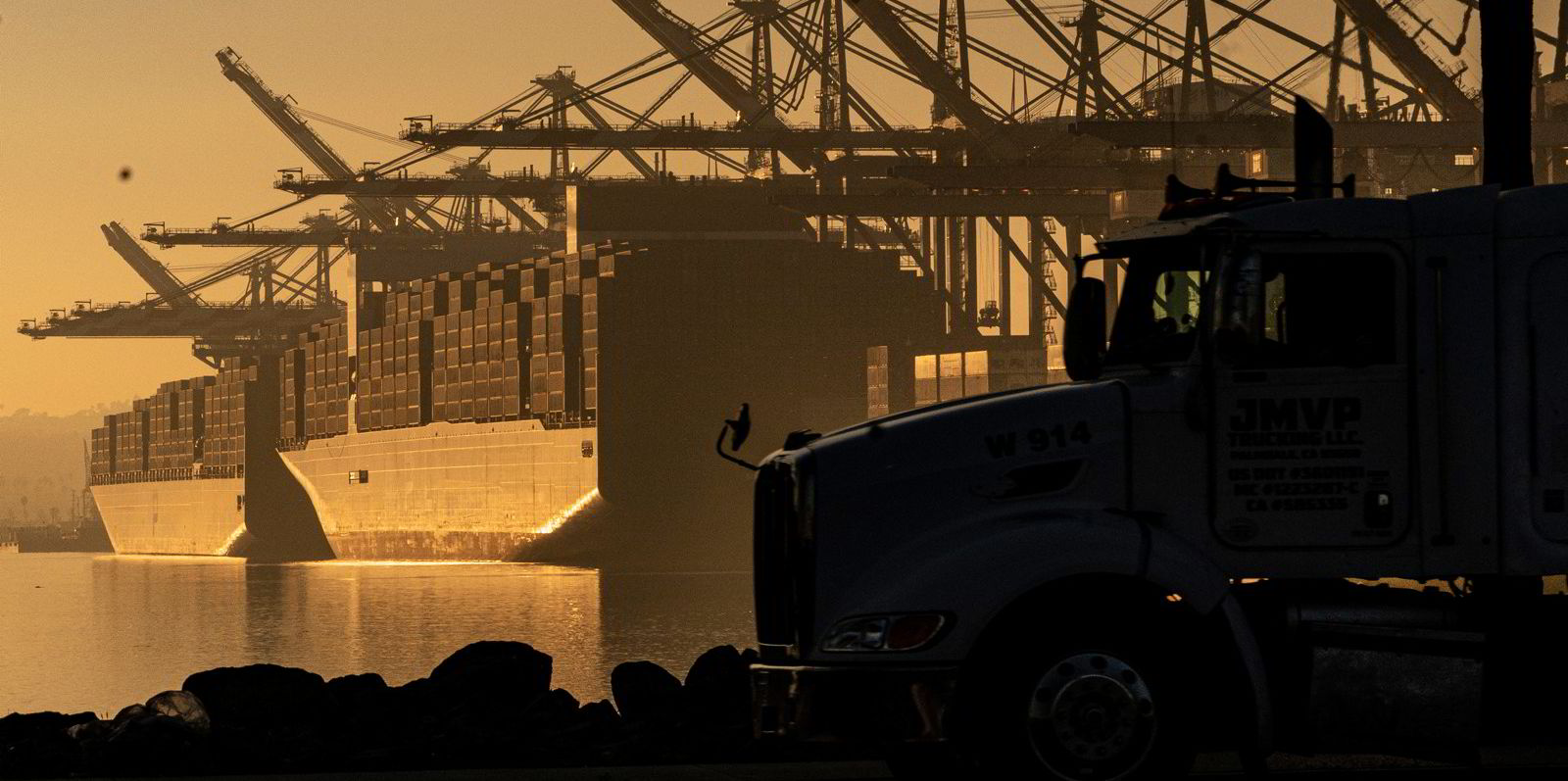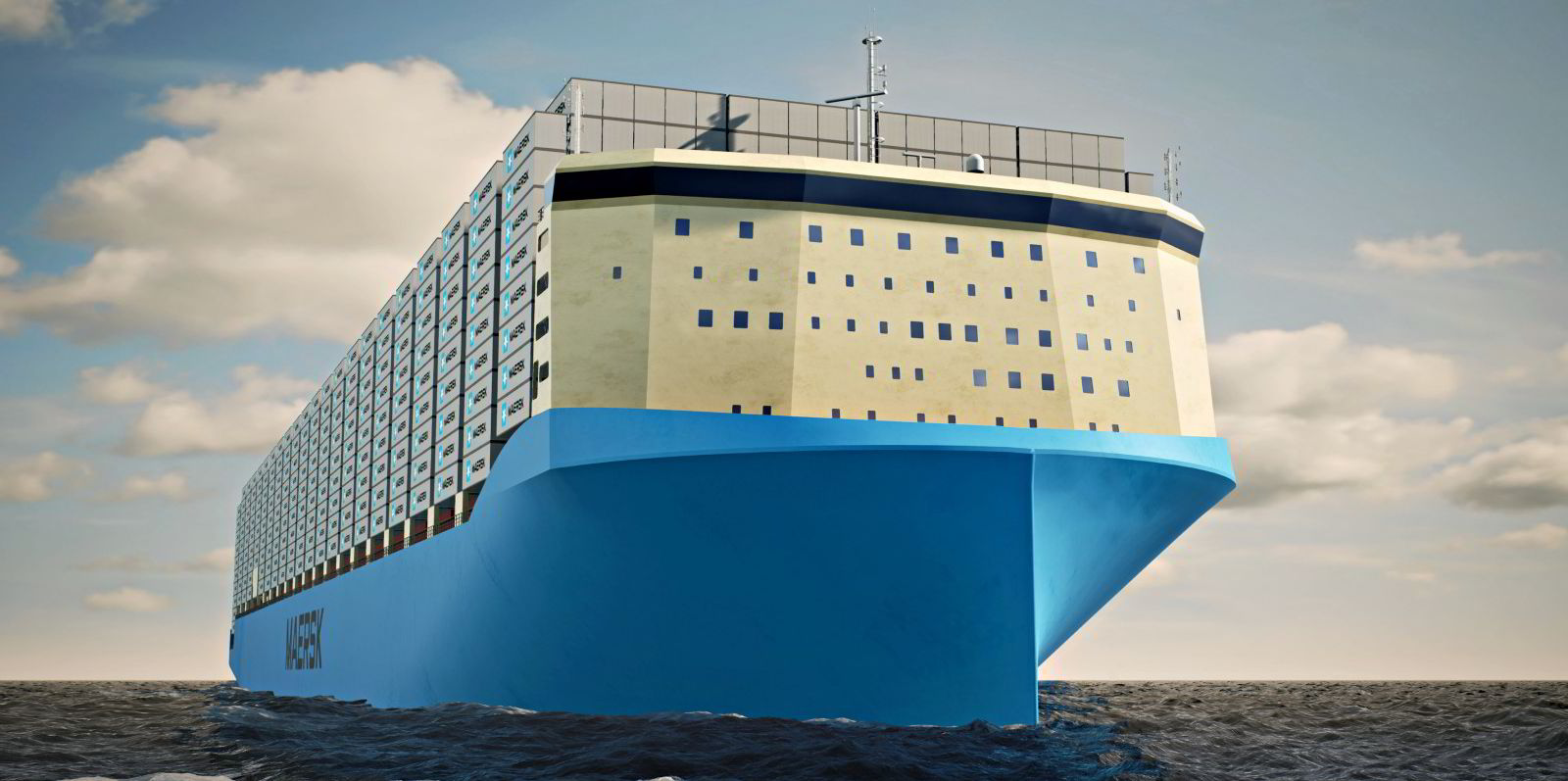The World Shipping Council (WSC) is calling on regulators to adopt a series of “critical” regulatory and economic measures to promote zero-carbon shipping.
It has submitted proposals ranging from green shipping corridors to carbon pricing to the International Maritime Organisation.
The liner lobby argues that the proposed pathways are critical to the success of IMO efforts to navigate the energy transition, but maritime players will have to work with technology providers, fuel innovators, organisers and regulators to decarbonise shipping.
“Liner shipping understands the shared responsibility for GHG [greenhouse gas] reductions in the maritime sector, and we don’t underestimate the challenge,” said WSC chief executive John Butler.
“But to be able make these investments, to take the necessary risks, we — and all other maritime actors — need a regulatory framework that addresses the key strategic issues.
“Action is needed now by the governments of the IMO so as not to stall development but rather to support ambitious innovators and front runners.”
Heading the WSC’s six-point list is a demand for a global price on carbon.
This would be combined with programmes to level the playing field between zero and low-carbon ships and those burning conventional fuels.
That would play a larger role in making it possible for companies to put zero-GHG ships on the water.
1. A global price on carbon combined with programmes that level the playing field.
2. Transparent well-to-wake life cycle analysis of fuels to incentivise first movers.
3. Integrated development of global production and supply of zero-GHG fuels.
4. A green corridors programme to accelerate an equitable fuel and technology transition.
5. Newbuild standards that support the energy transition.
6. Applied research and development for shipboard and shoreside systems that allow the safe use of zero-GHG fuels.
A second demand is for a “transparent well-to-wake life cycle analysis of fuels”, combined with regulatory mechanisms to incentivise first movers in use of alternative fuels.
Thirdly, the council is promoting a green corridors programme to help introduce zero-GHG ships and fuels across trade lanes where shoreside energy infrastructure is available.
Such a move would affect the liner sector, given the importance of the Asia-Europe container route.
The WSC believes a green corridors programme will encourage the building of the necessary production facilities and supply infrastructure.
On newbuildings, it is proposing measures that support the energy transition. This could include not allowing the construction of vessels that can operate only on fossil fuels after a certain date.
The WSC is also pressing for a significant increase in research and development investment to allow safe use of zero-carbon fuels to help avoid accidents and stranded assets.
Finally, it is seeking integrated development of global production and supply of zero-GHG fuels.
All six proposals should be adopted as part of an expanded IMO GHG strategy, the council argues.
“If we are to decarbonise shipping in line with the Paris agreement, the governments of the IMO must work together,” Butler said.
“For the sake of future generations and the future of shipping, our focus in the coming years must be to develop and implement innovative, concrete and equitable global regulatory frameworks.
“These are complicated matters and we do not pretend to have all the answers.
“What we do know is that we must develop these critical pathways together to address the climate challenge and transition the fleet to zero-GHG ships.”






